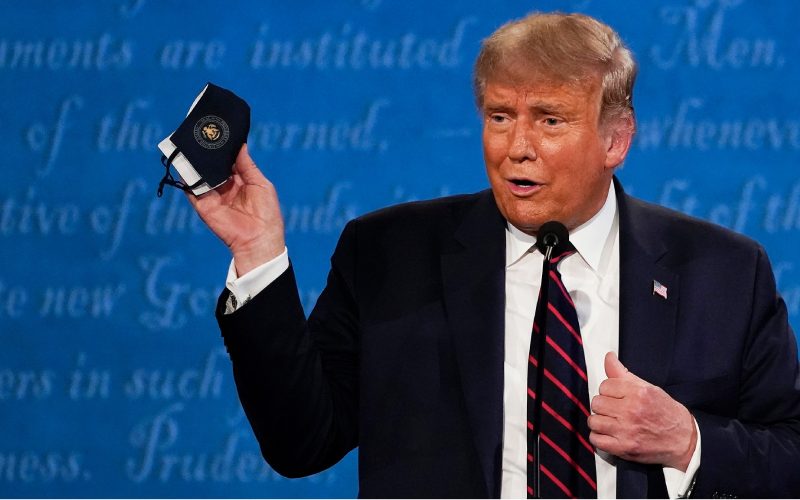
Live footage of the US Capitol Hill in smoke and besieged by a mob shocked both friends and adversaries and demonstrated America’s fallibility. However, the chaos of January 6th should not be a moment to mock the nation long-regarded as a beacon of progress and liberty. Rather, this should be an opportunity for us to rethink our political values and place of politics in our lives.
There is no doubt that the past four years under Trump were tumultuous. But his direct mobilisation of mobs to attack the seat of democracy represented the lowest moment in the extremist leader’s reign. In the aftermath of widespread protests that followed the killing of black man George Floyd by a white policeman in May 2020, Trump demonstrated he was insulated from the nation’s pain over racial discrimination, even saying Floyd was looking down from heaven and praising the US economy.